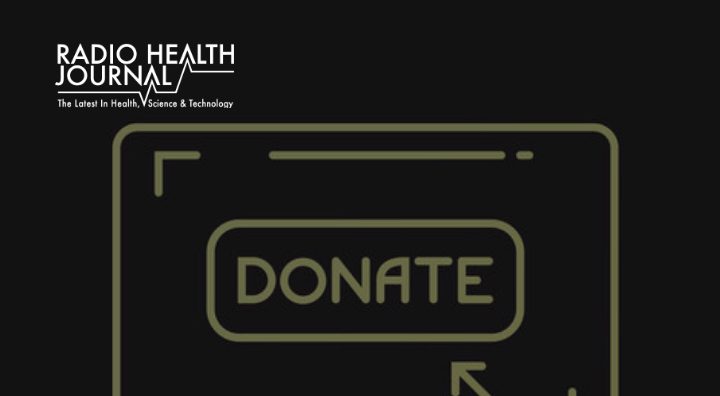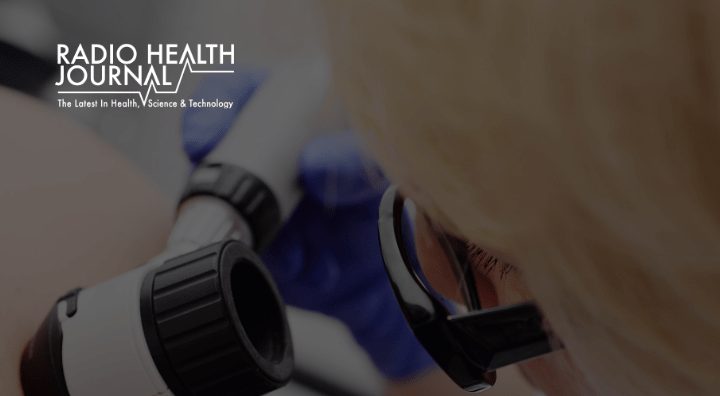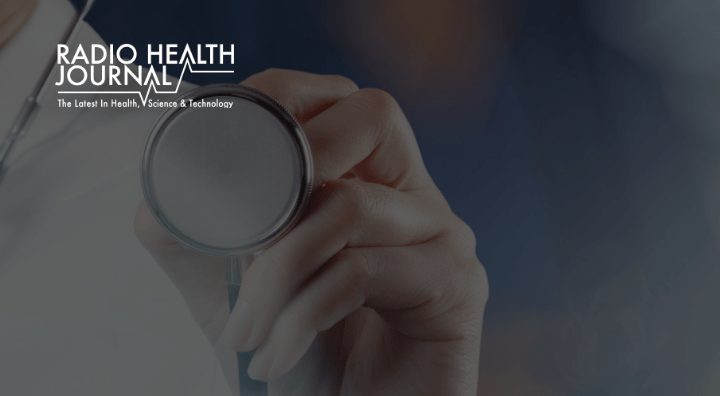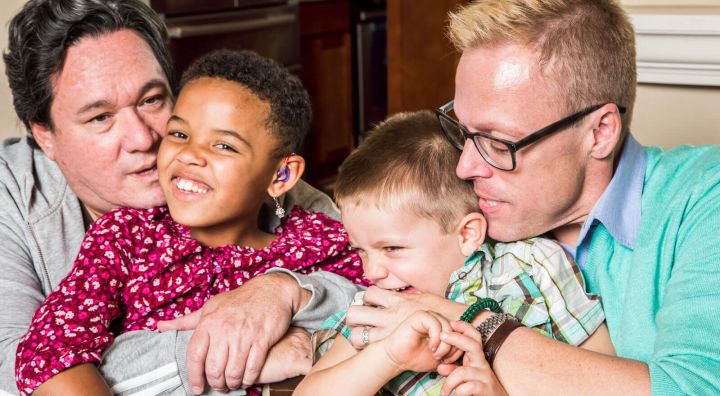Almost every portrayal of doctors depicts them to be unequivocally good, and many people believe this portrayal. However, this belief has been under scrutiny recently. In light of the recent case against Dr. Larry Nassar, physicians and patients have started to focus their attention on doctors who sexually abuse patients and investigate the outcomes of these crimes. The results are nothing short of disheartening.
Danny Robbins, an investigative reporter for Atlanta Journal-Constitution, has spent a lot of time examining the official response to doctors who sexually abuse their patients. He found that more than 2,400 doctors have been sanctioned by medical boards for sexual abuse of patients, but more than half of these doctors still have their medical license. Among the doctors who did have their medical license taken away, Robbins has discovered that many were able to get them back easily and continue on practicing medicine.
The reasoning behind this is similar to a common phenomenon in the criminal justice system: people working in these fields do not want to report each others misconduct. Robbins reports medical boards often shield these crimes from public view by avoiding the criminal judicial system, unless the victim reports it themselves. Sadly, even in the event of a victim reporting their abuse, the attorney general is left to negotiate with the accused doctor’s lawyer, and the medical boards follow the negotiation agreed upon by the doctor and the attorney general. Despite the number of doctors that are reported for sexually abusing their patients, few of them face punishments. Among those that do get sanctioned, punishments are often not severe and leave the abuse unknown to the public.
With little being done to deter doctor’s from being abusers, what can patients do to protect themselves? Dr. Altaf Saadi, a neurologist and former sexual assault crisis line worker, explains that patients always have the option of having a nurse present in the exam room when being examined. Along with this, Robbins adds that patients can go online and see if their doctor has been sanctioned at any point. However, these records are often left vague and require further investigation to determine what the violation actually was.
Dr. Saadi believes that all physicians should work to counter the environment that allows for these crimes to go unheard. Furthermore, it is important to reform the medical boards that allow for doctors to face few, if any, consequences for reports of patient abuse. She says medical boards need to consist of a more diverse group of members, who are not all physicians themselves. Most medical boards have very few consumer members if they have any at all. Ultimately, in order to see reform in how these cases are handled, the experts say that both physicians and patients can impact the way medical boards and the our justice system respond to these offenses.
Guest Information:
- Dr. Altaf Saadi, neurologist and former sexual assault crisis line worker
- Danny Robbins, investigative reporter at The Atlanta Journal-Constitution
Links for more info:
- Altaf Saadi, MD – Huffington Post contributor
- ‘Still Forgiven’ – An Atlanta Journal-Constitution National Investigation by Carrie Teegardin and Danny Robbins: “The #MeToo movement and public outcry over Dr. Larry Nassar’s sex abuse have not reformed the system that disciplines doctors.”











Leave a Reply